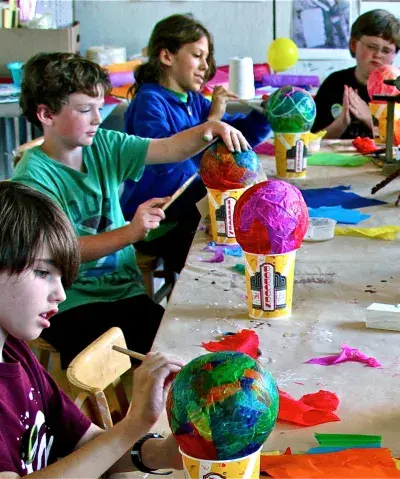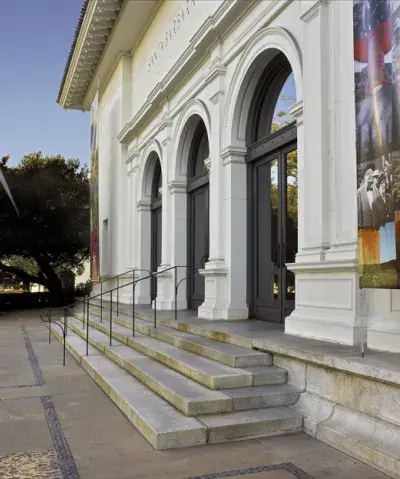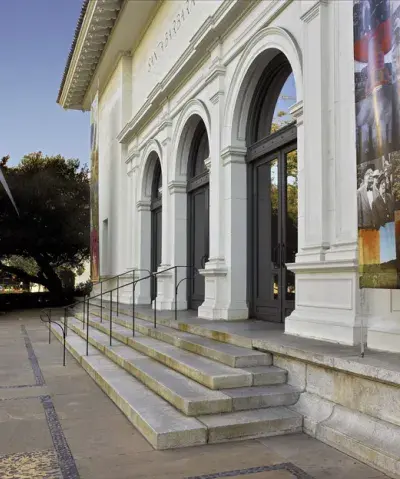CLOSED TODAY
New Opportunities
Apply for a job at SBMA
SBMA Receives Charity Navigator's 4-Star Rating
Press Release
Writing in the Galleries
Saturday, January 18
2 – 3:30 pm
2 – 3:30 pm
Ant Hampton / Time Based Editions: "Borderline Visible"
Audio-Visual Live Performance / Storytelling
Saturday, February 1
5 – 6:30 pm
5 – 6:30 pm
Family 1st Thursday
Thursday, February 6
5:30 – 7:30 pm
5:30 – 7:30 pm
Friends and Lovers
September 22, 2024 – March 2, 2025
Dario Robleto: The Signal
June 16, 2024 – January 12, 2025
School Field Trips
Register your class today
Family Resource Center
CUÉNTANOS TU HISTORIA/TELL US YOUR STORY
Education Viewbook
Learn about all the Education programs at SBMA
Become a Member!
Enjoy Member Benefits Today!
For Members
See what's in store if you become a Member of SBMA!
Become a Docent
Help Teach at SBMA
India: Legendary Rajasthan, Delhi, and the Taj Mahal (with an optional extension to Varanasi)
January 24 – February 8, 2025
French and Italian Rivieras aboard Sea Cloud II with SBMA Curator Charles Wylie
April 25 – May 3, 2025
Allure of Andalusia, A Value Tour
May 1 – 9, 2025
Museum Store
Jewelry, Books, Toys, and Custom Products
Visit SBMA
Click for more info
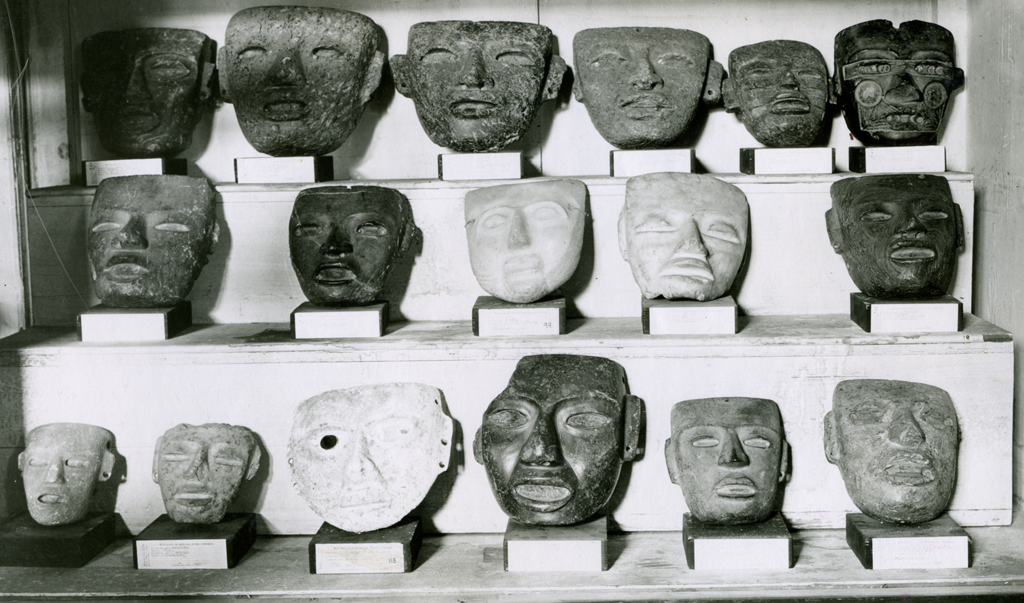
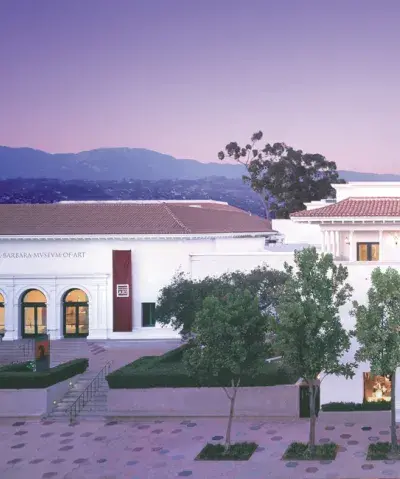
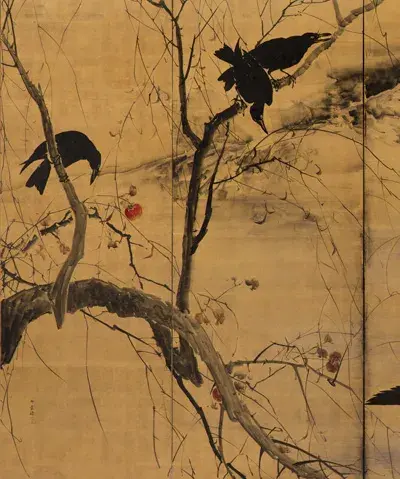
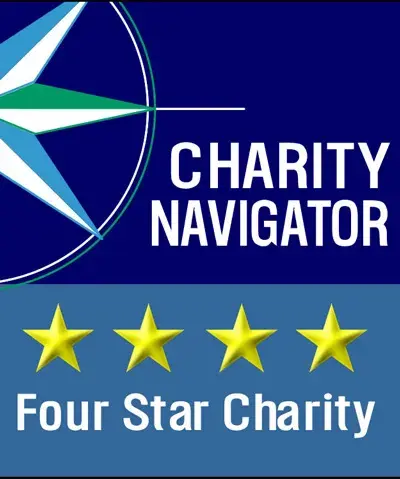
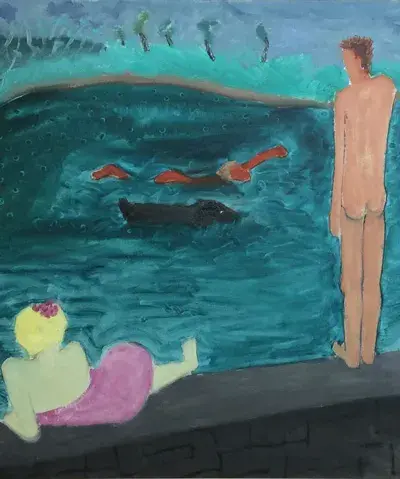



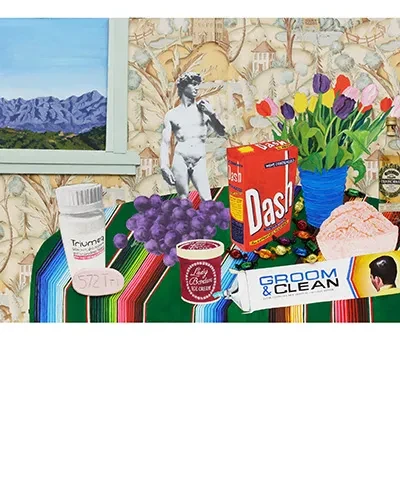
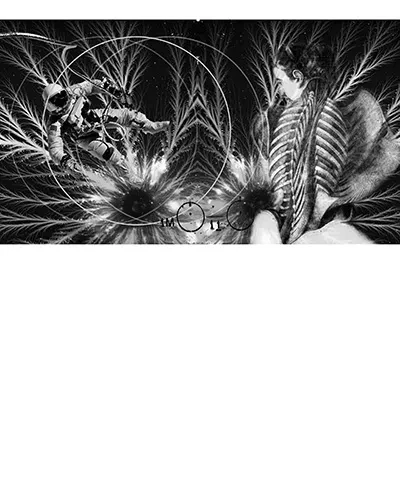
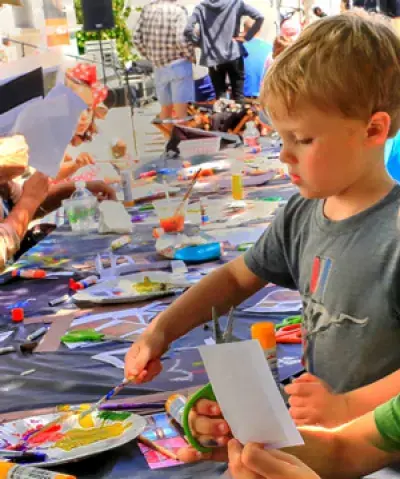
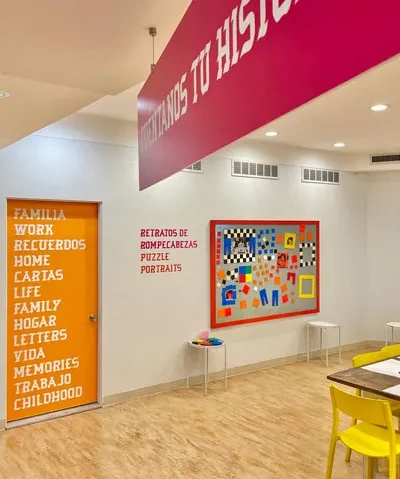
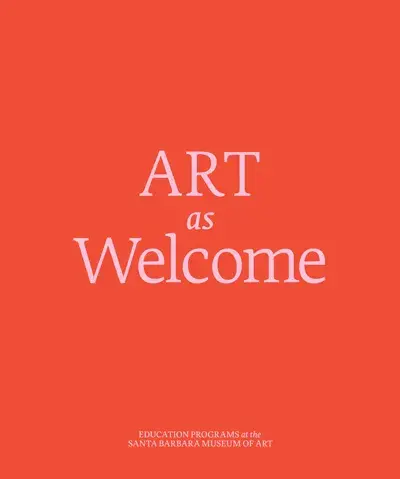
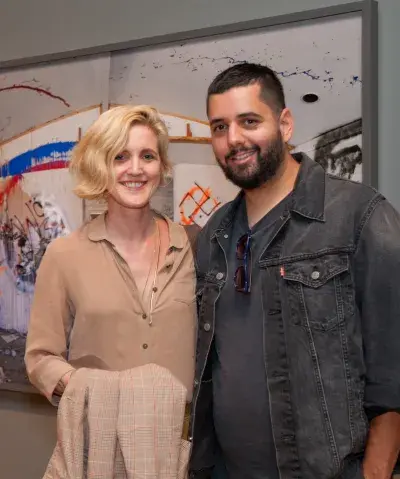
![memberseve[1]](https://www.sbma.net/sites/default/files/styles/menu_thumbnail_400_480/public/menu/memberseve%5B1%5D.jpg.webp?itok=hIz01lpc)
